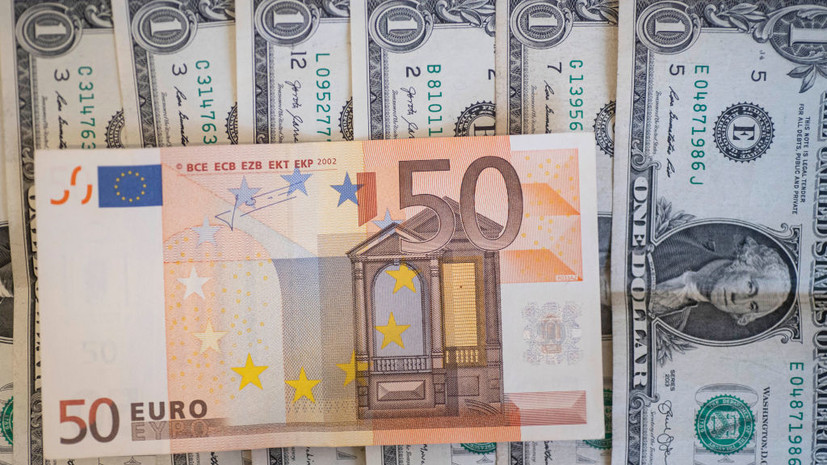“The euro exchange rate has fallen, there is nothing surprising in this, because now all payments for oil products are made in rubles, therefore, the ruble is strengthening,” the economist explained.
In addition, the demand for rubles stimulates the end of the tax period, the expert added.
“There is an increase in business activity.
Import substitution trends have begun to gradually gain momentum, production activity is growing, despite the summer months.
All these factors play into the hands of the ruble, the ruble is strengthening against the euro,” said Finogenova.
However, the current trend, in her opinion, is not eternal, it is temporary.
“As a rule, by the end of the year, in autumn, in August, inflation slightly increases, and prices rise faster.
It is likely that at such a moment an adjustment will take place, ”the specialist noted.
Earlier, PhD in Economics Mikhail Belyaev commented in an interview with RT on the euro exchange rate, which fell below the dollar for the first time since 2002.

